
Schoolkids ready for Moldova’s democracy – with Swiss help
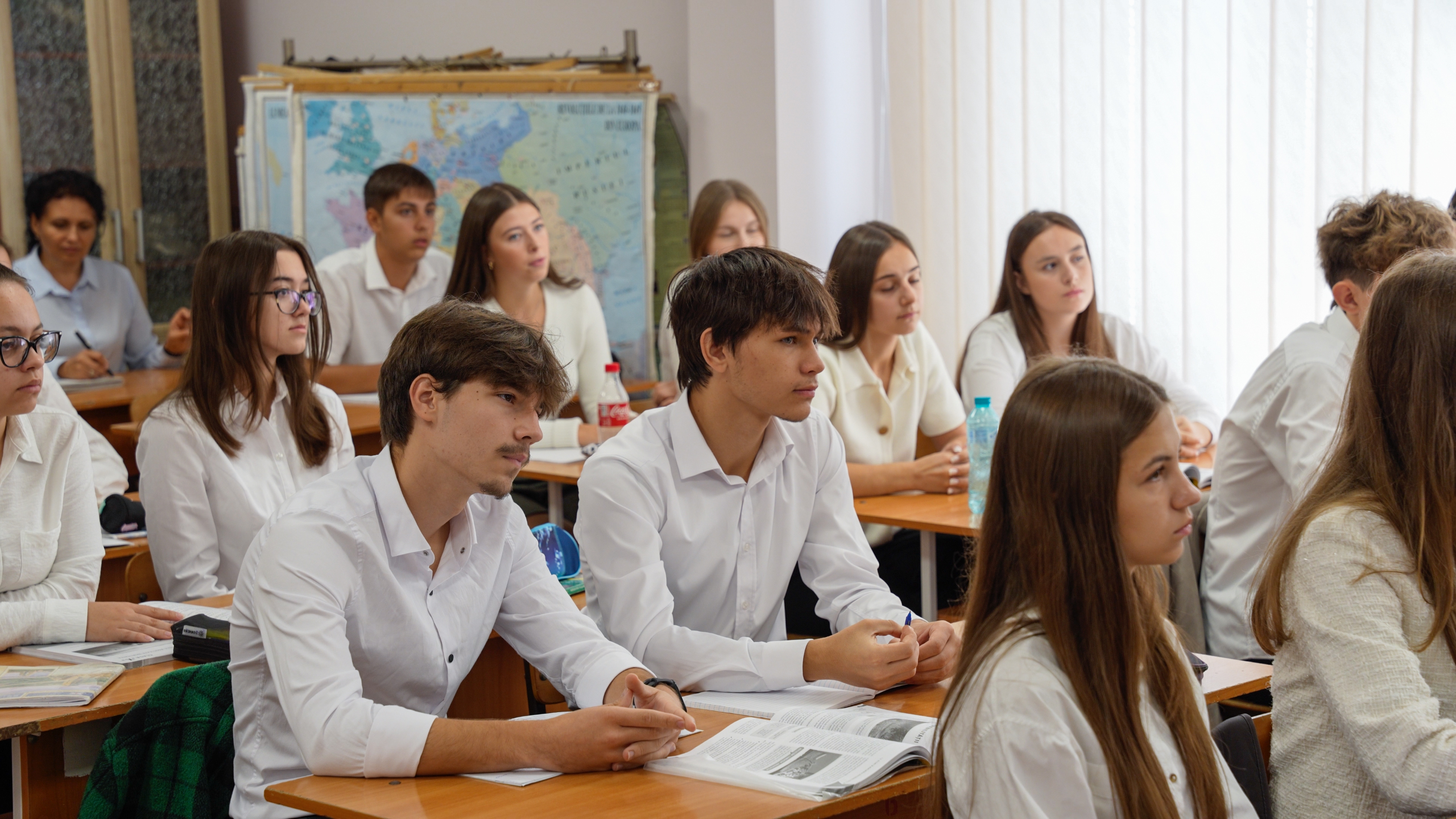
A popular subject in Moldova schools is Education for Society. It is a prime example of progressive pedagogy and receives a major part of its funding from Swiss sources. SWI swissinfo.ch visited a Russian- and a Romanian-language school to see how it works.
The Constantin Sibirschi school in Chisinau has a long tradition that goes back to the Soviet era. Class photos from several generations are to be seen on the building’s stout walls, some in black and white, the more recent ones in colour. “Many who got to know each other here, married later,” recalls the principal, Aurelia Andries, who also studied here.
She is very grateful to her own teachers. “My history teacher always got us to make connections between what is happening now and historical events,” says Andries.
All the faces in the photographs on the walls did not experience the same kind of teaching. The Soviet days required a lot of reading between the lines. “There was heavy censorship. We had to try to express our thoughts without getting ourselves into trouble,” says Andries.
Nonetheless, she credits teachers at this particular school for empowering her with critical thinking skills. Did the whole class then understand that they were being discreetly encouraged to question authority? Andries shakes her head. She believes no more than five in her class did.
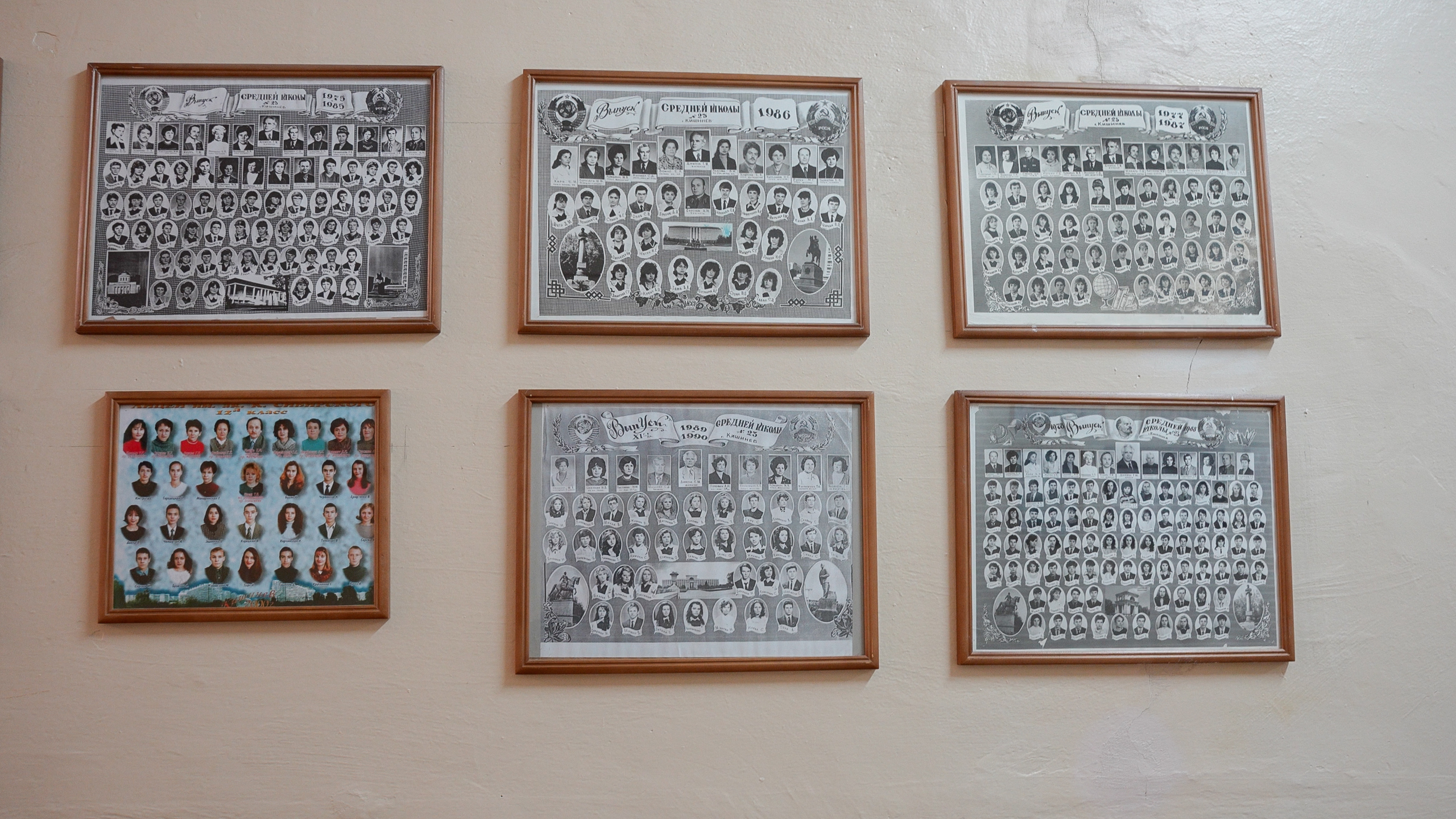
Education for Society as a school subject
“Today we can deal with things more directly,” she says. The new school curriculum includes subjects like Education for Society.
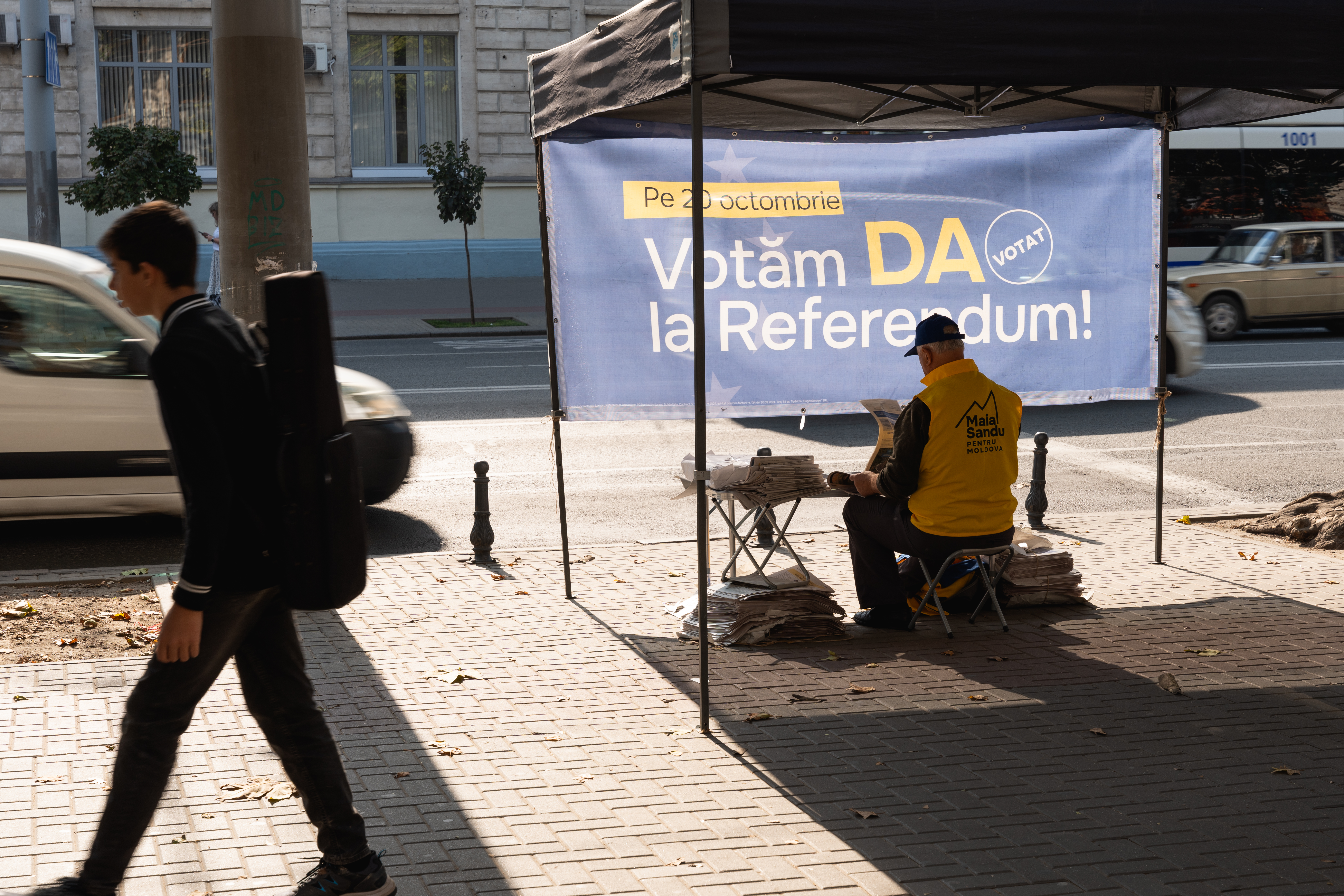
More
Will Moldova vote to join the EU despite Russia’s influence?
In 33 years of Moldovan independence from the former Soviet Union, the school and the curriculum have gradually changed. A subject that was at initially called Ourselves and the Law later became Citizen Education. Five years ago it was renamed Education for Society. It is the pride of progressive educators here, and is also popular with school students. One reason for this may be that there are no marks given, just a report on skills achieved.
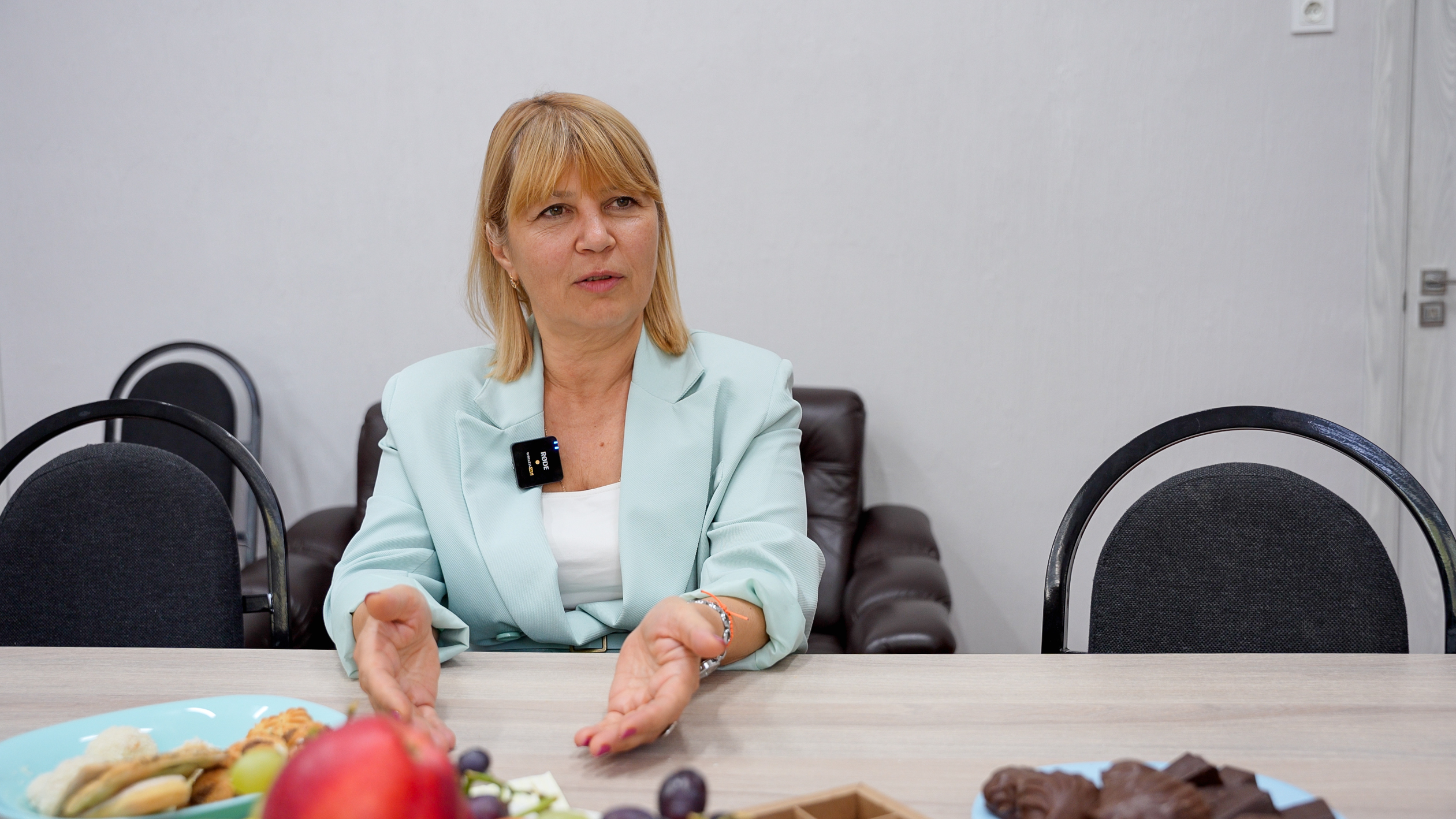
Education for Society provides information about the workings of democracy. It is intended to teach the values of civil society – and critical thinking as well. The curriculum was developed under a project set up by the Council of Europe in Moldova. It is essentially funded by the Swiss Agency for Development and Cooperation. From 2018 to 2022 it received CHF1.2 million, and this funding has been extended from 2022 to 2026.
The Swiss foreign ministry describes relations with Moldova as “very good” and increasingly intensive. According to the ministry, Switzerland was one of Moldova’s “most important bilateral donors in 2023”.
Switzerland’s earliest involvement in Moldova was in the health sector, while other areas of activity include economic development and local governance.
Since the beginning of the war in Ukraine, Switzerland has also contributed support for Ukrainian refugees in Moldova. Among other things, Swiss funds are channelled into democracy education, which has been an integral part of school education for the past five years.
Switzerland is therefore among those helping to shape the development of democracy in Moldova.
Do all young people in Moldova today learn critical thinking at school? Andries would not go so far as to say that. It depends on what she calls “the human factor – teachers like Iana here, who doesn’t contradict the children when they express an opinion, but explains things and makes a point of hearing the different views of the children”.
“It is a good thing that the subject is not marked,” says teacher Iana Tonu, “It is really a matter of developing abilities.” Tonu has been teaching Education for Society from the start.
Visits to parliament and meditation on the lawn
As part of Education for Society, all students get to visit the national parliament once. Tonu however mentions another high point in the course, which occurs yearly. “For the last class, I brought the youngsters outside with me. To sit on the lawn, think about the exams and meditate on what they have learned. The feedback was: ‘this was the best thing we did all year anywhere’,” she says.
In the classroom, Tonu gives the impression of being energetic. “Wake up, this is the third period!” she tells her students. She uses the digital projector to go through the topic of today’s lesson: moral responsibility and law.
One might think this would be heavy going for a class of 13-year-olds. But examples of people being law-abiding and at the same time amoral come readily enough to the teacher. Some telephone scams for example, or loans taken out that people never intend to repay.
Then follows the analysis of a prepared case study. A schoolgirl posts an embarrassing photo of herself inadvertently; another girl takes a screenshot of it and spreads it around the school. The youngsters discuss in small groups what the moral and legal aspects at stake here are. Then they report their findings to the whole class.

Law and morality
They proceed to disentangle the whole business: there is a victim, an aggressor – and there are witnesses. How could or how should witnesses and uninvolved bystanders respond to this situation? Plenty of ideas are put forward, and the teacher tries to organise them. Towards the end of class, Tonu leads them on to ask questions which concern the very foundations of social morality: “is the law more important or is morality?” and “could you live in a world without moral rules?”
Later on, some of the 13- to 17-year olds talk with the journalists from SWI swissinfo.ch. The pupils do their best at first to avoid saying anything wrong. They talk about the students’ council or their involvement in a club to promote the Russian language, in order to show their commitment to civil society. They talk about their career goals – engineering or psychology, say – and try to identify the social responsibility of those jobs. But they really show how aware they are when they ask the journalists themselves some pretty basic questions at the end of the interviews. “Did the country you grew up in shape you?” and “How did that happen?” they ask. “What would you be like if you were born in another country?”
In the school at Ialoveni
Another day, ten kilometres or so to the west, 17-year-olds in the “Education for Society” class are discussing a problem. In a hypothetical scenario they are entrepreneurs engaged in fish farming. They could fish more, but that would reduce the stocks of fish available. How can they turn a profit without reducing the fish stocks? This initial problem is a matter of arithmetic. There is a solution that can be worked out. Yet the issues next discussed, involving the conflict of competition and cooperation, just seem to result in contradictions.
The disadvantage of overfishing is that in the long run there will be no fish left. Furthermore, a person who does that will find themselves isolated in the community, because everyone feels the consequences when someone fishes too much. Again, though, there is a downside to cooperation. It might mean a slow decision-making process, or too few fish to meet individual needs. Unmet needs might in turn give rise to corruption. What remains is a profound ambivalence. The class discussion seems to be a lesson in dealing with contradiction.
Romanian and Russian-language schools in Moldova
This school in Ialoveni looks every bit as modern as the one in Chisinau. But some things are different. The school in Chisinau has its name in Cyrillic letters, whereas the school in Ialoveni has its name in Roman letters. The school in Chisinau is a Russian-language school. No more than 20% of youngsters in the whole of Moldova attend Russian schools. In Chisinau many of the pupils had trouble with Romanian – although they live in a city where almost all public signs are in Romanian.
The school in Ialoveni is one for the Romanian-speaking majority. Over 80% of pupils attend Romanian-language schools. The atmosphere here is in fact not much different from the classrooms in Chisinau.
The one noticeable difference is that in Ialoveni the pupils make their political views explicit. Daniel, who is already 18, says: “I will go out and vote. I feel that that way I can choose a better future for myself and everybody else here.” That, he says, will bring about change. The group around him nod in agreement.
These young people show themselves to be optimistic about the future. Mihaela emphasises the high quality of Moldova’s schools and universities. She also welcomes the idea of workers and students from elsewhere coming to Moldova. “That makes me happy. I think in 10 to 15 years Moldova will be a better country.” Mihaela herself aspires to become an interior decorator.
Does anyone here talk regularly to someone who has a different view of Moldova’s development? There is silence for a moment. David speaks up again: “I don’t think so. The way Mihaela says it is the right way. I see no other way.” Principal Vera Balan mentions that this western region of Moldova is traditionally very pro-European.
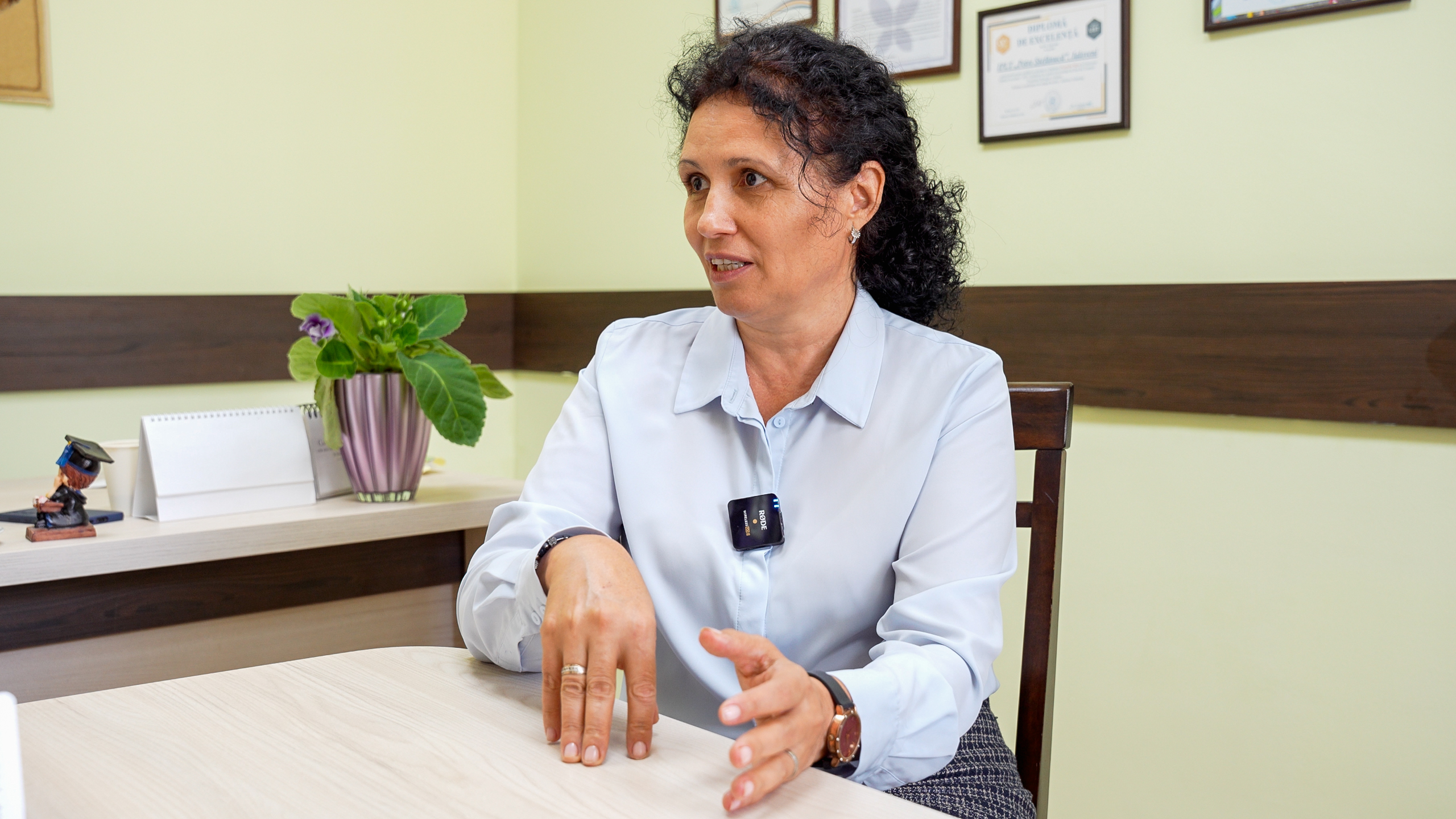
A father who listened to Western radio
Balan and Andries (the principal of the Russian school in Chisinau) know each other personally. They belong to the same generation. That is clear from the way they both talk about Education for Society. Balan says: “In the past we were dealing with repression and Soviet thinking. Countries with a different history might take a different approach, but for Moldova it is very important to have a subject that develops these democratic principles.”
Andries remarks that in Moldova there is considerable pressure on the schools. Kids spend so much of their time there – and sometimes not much with their parents. “I would prefer it if more of these values were being taught in the home, but that’s just not happening,” says Andries.
She recalls that she learned critical thinking in the Soviet era not just from teachers, but from her own father. He was politically aware. At home, he used to listen to the Voice of America on the radio.
Edited by David Eugster. Adapted from German by Terence MacNamee/ds

More
Our democracy newsletter

In compliance with the JTI standards
More: SWI swissinfo.ch certified by the Journalism Trust Initiative











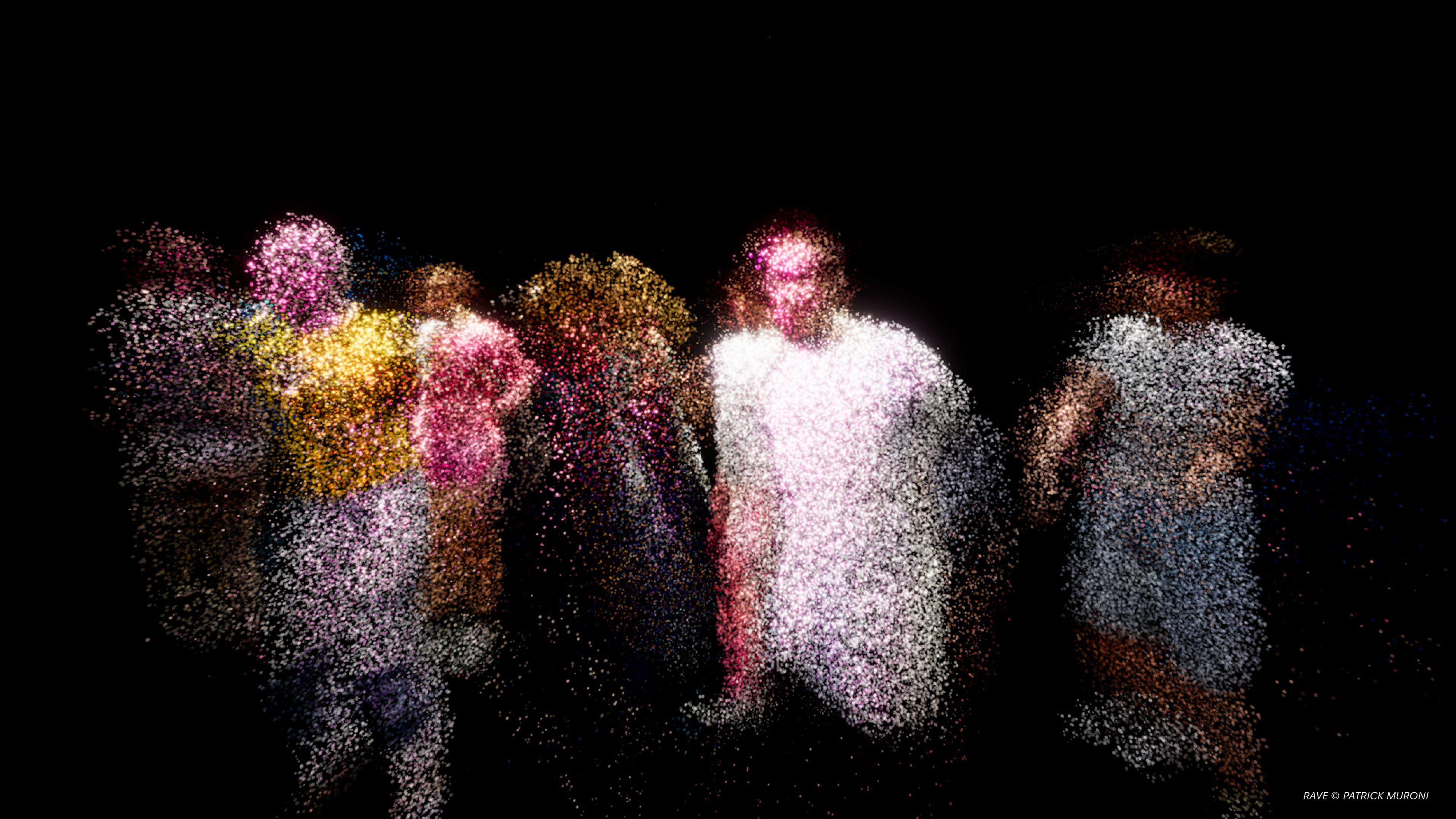










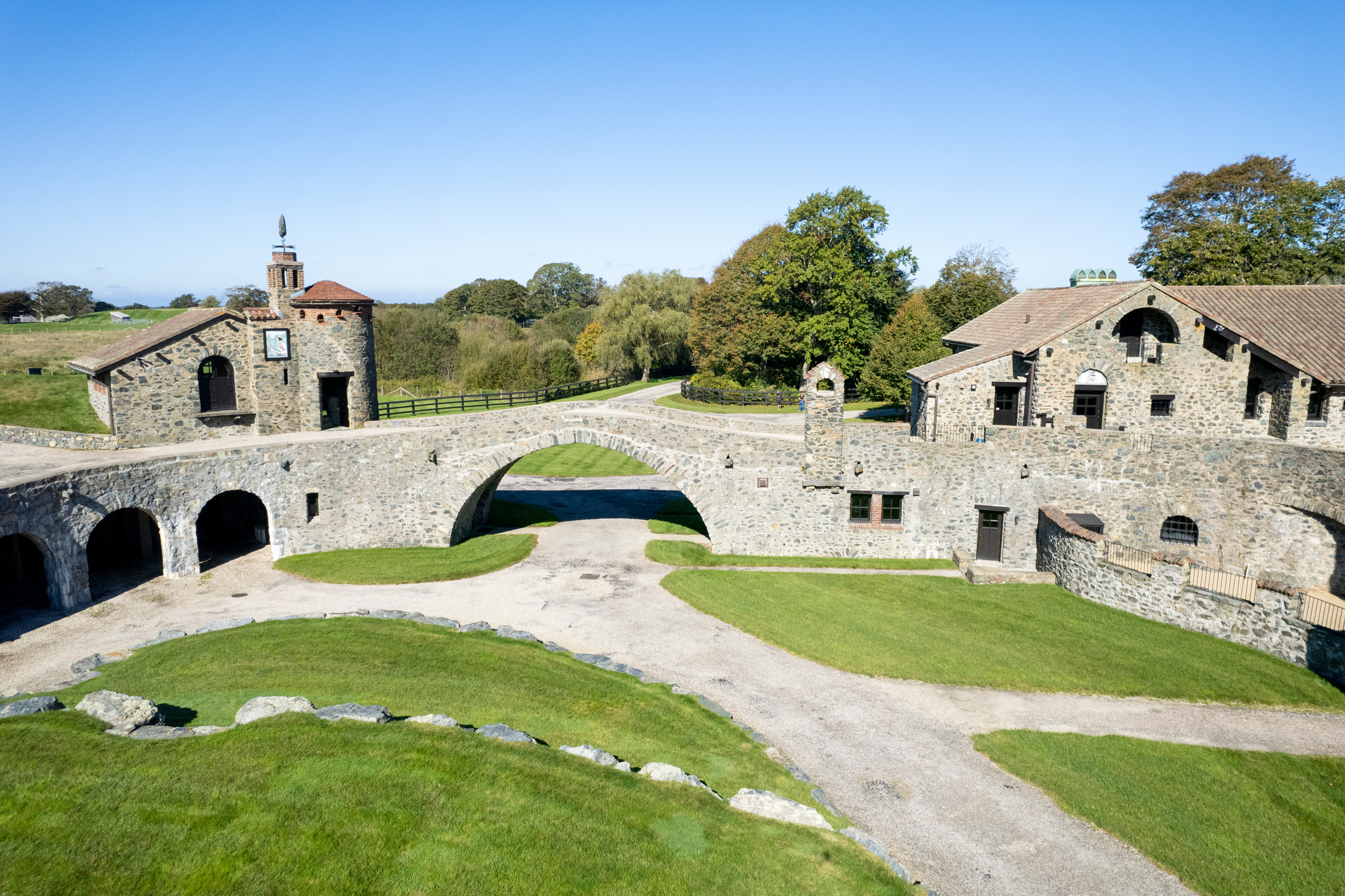



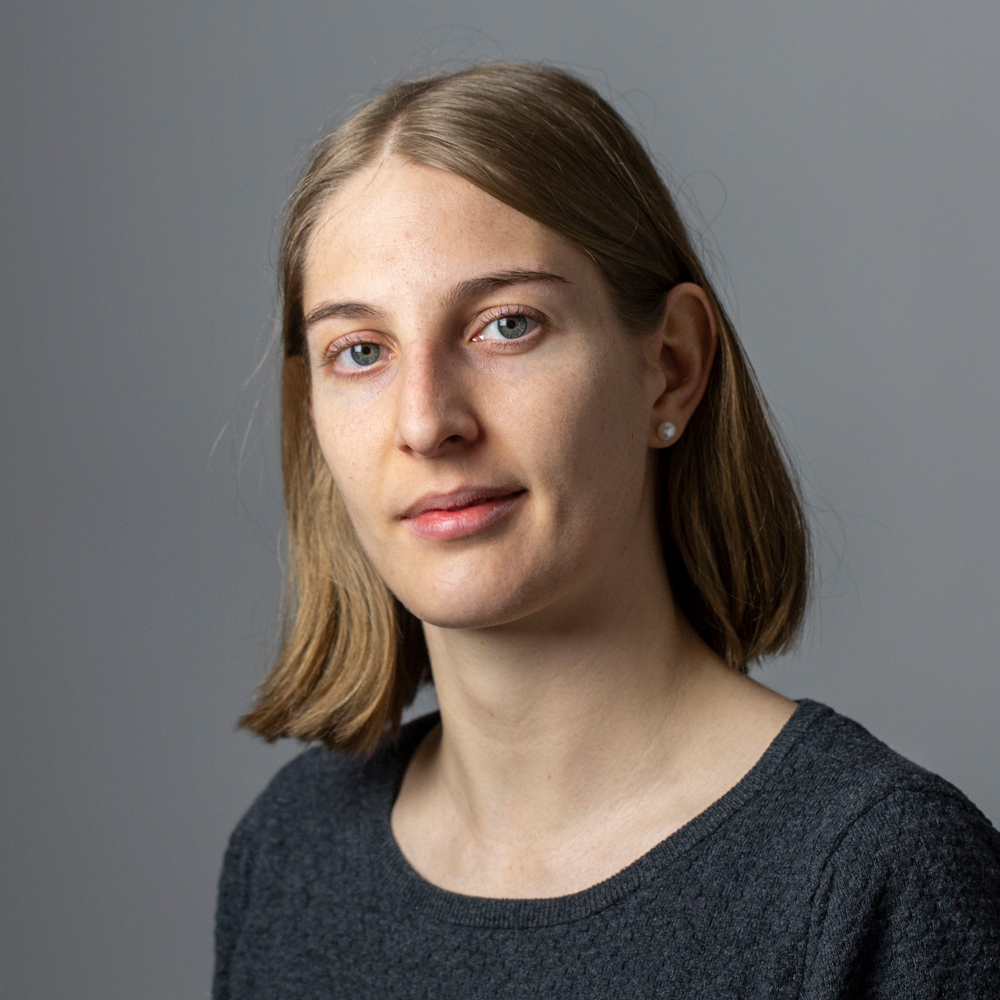
You can find an overview of ongoing debates with our journalists here . Please join us!
If you want to start a conversation about a topic raised in this article or want to report factual errors, email us at english@swissinfo.ch.